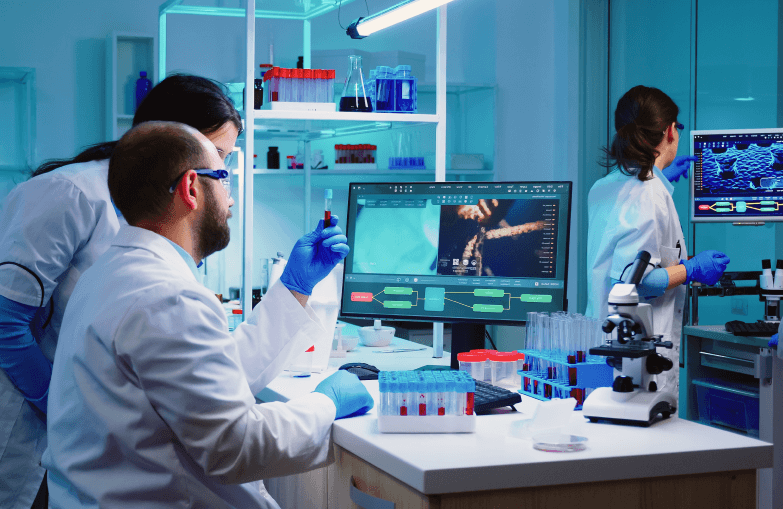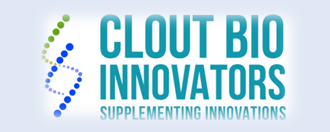Our mission is to ensure the generation of accurate and precise findings.
Please enter subscribe form shortcode
Please enter instagram feed shortcode

Welcome to the training course on Microbiological Methods! This course is designed to provide participants with a comprehensive understanding and practical skills in various microbiological techniques essential for research, industrial applications, and clinical diagnostics. Microbiology is a foundational discipline that plays a crucial role in fields such as medicine, agriculture, environmental science, and biotechnology.
Overview of Microbiological Methods
Microbiological methods encompass a wide range of techniques used to study microorganisms, including bacteria, viruses, fungi, and protozoa. These methods are essential for:
Microbial Identification and Characterization: Techniques such as staining, culture, and biochemical assays enable the identification and classification of microorganisms based on their morphological, physiological, and biochemical characteristics.
Microbial Culturing and Growth: Culturing methods, including media preparation and sterilization techniques, are fundamental for isolating and growing microorganisms under controlled laboratory conditions.
Molecular Techniques: Advances in molecular biology have revolutionized microbiology, allowing for the detection, quantification, and genetic characterization of microorganisms through methods like PCR (Polymerase Chain Reaction), DNA sequencing, and genomics.
Microbial Analysis in Various Environments: Microbiological methods are applied in diverse settings, including clinical laboratories for diagnosing infections, food industry for quality control, environmental monitoring for assessing microbial diversity, and pharmaceutical industry for developing microbial-based products.
Training in microbiological methods offers several advantages:
Critical Thinking and Problem-Solving: Participants will develop critical thinking skills through hands-on experience in designing experiments, troubleshooting techniques, and interpreting results.
Career Opportunities: Proficiency in microbiological methods enhances career prospects in research institutions, biotechnology companies, pharmaceutical firms, clinical laboratories, and public health agencies.
Contribution to Scientific Advancements: Understanding microbiological methods contribute to advancements in medicine, agriculture, and environmental sustainability by addressing challenges such as antibiotic resistance, food safety, and microbial biotechnology.
This training course is structured to provide a blend of theoretical knowledge and practical skills necessary to conduct microbiological research effectively. Participants will engage in laboratory exercises, demonstrations, and discussions aimed at building a strong foundation in microbiological methods.


